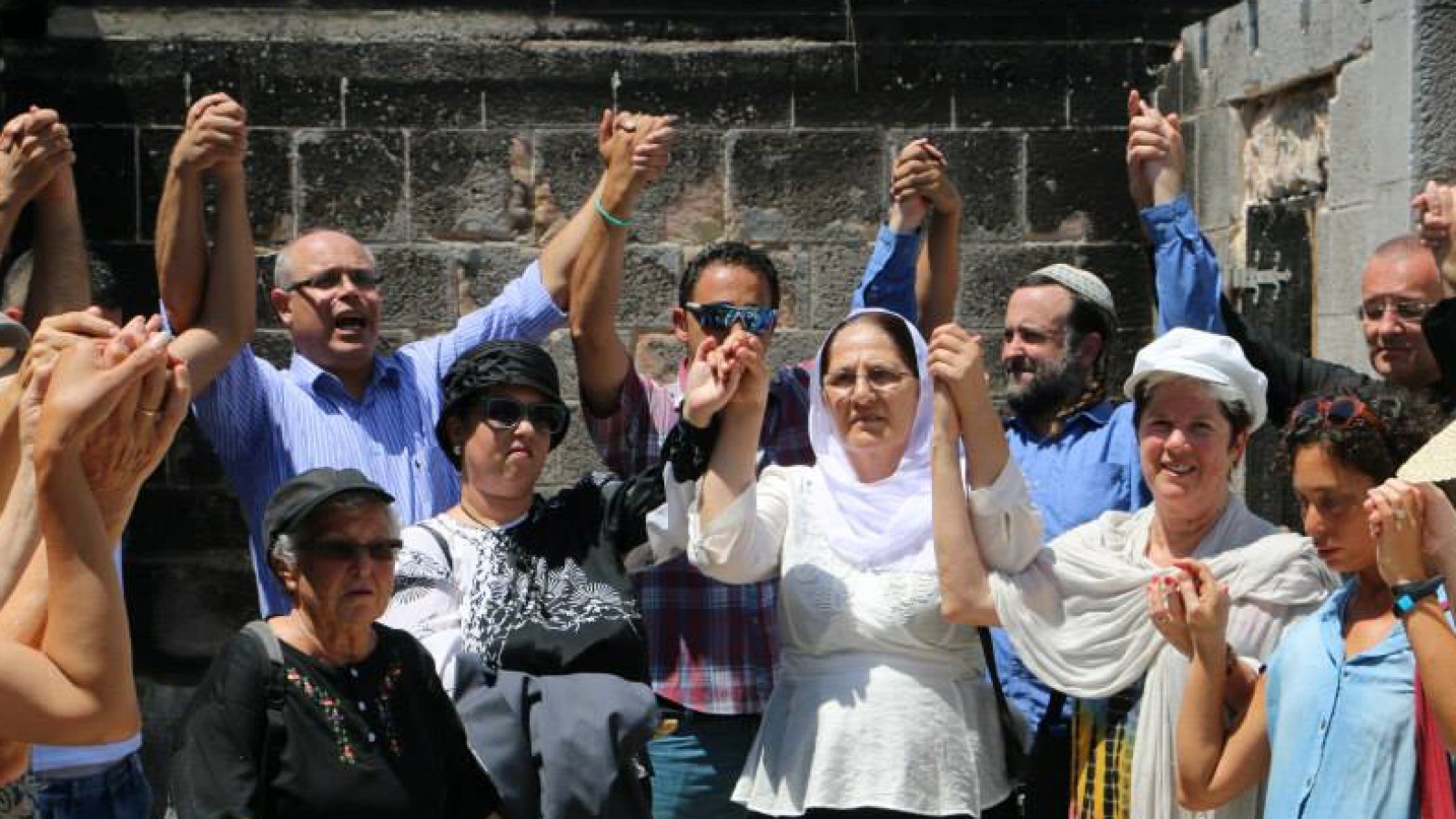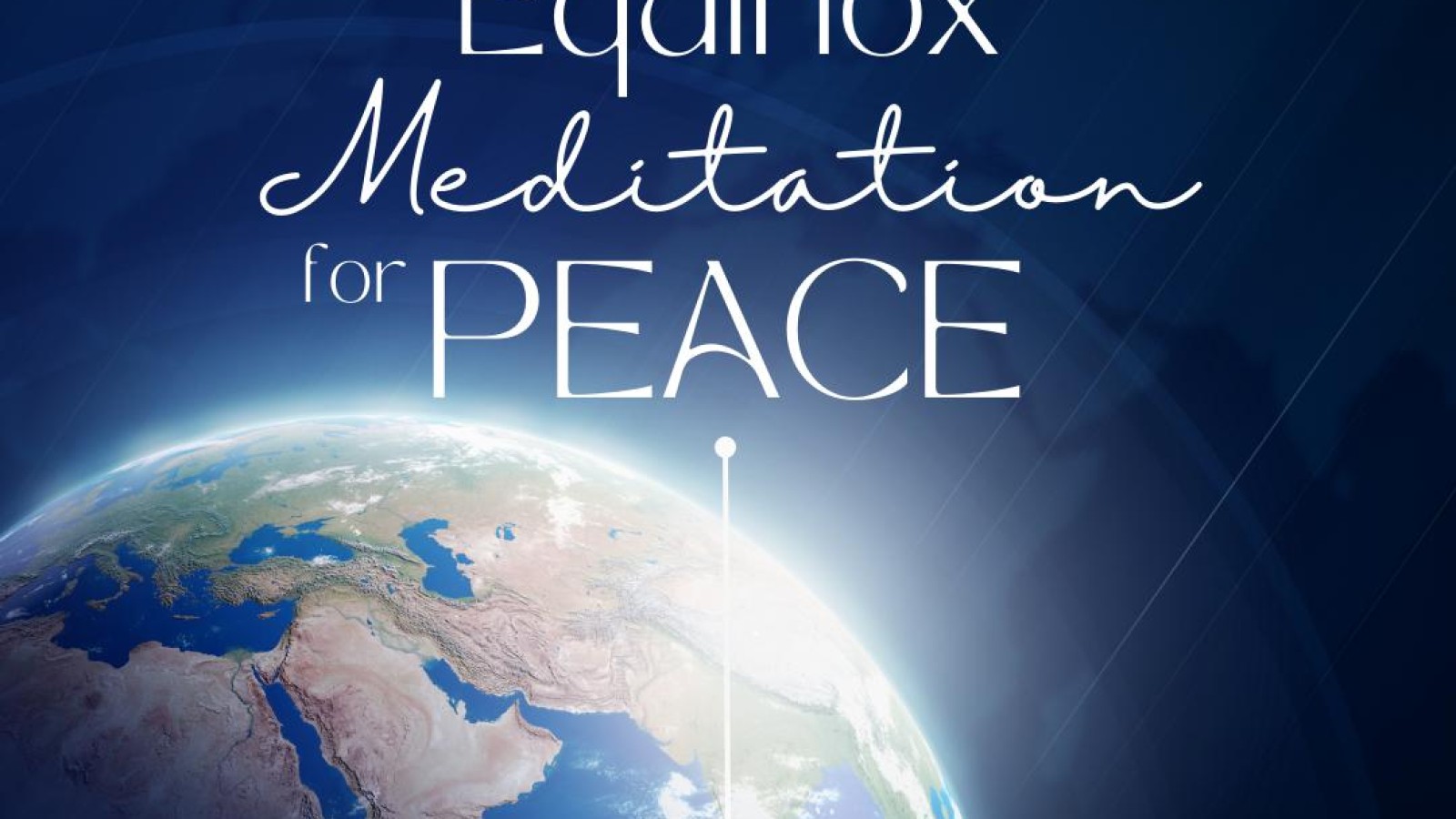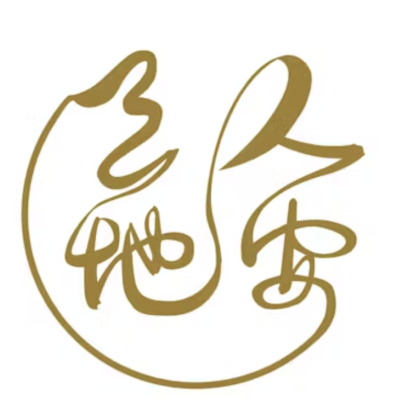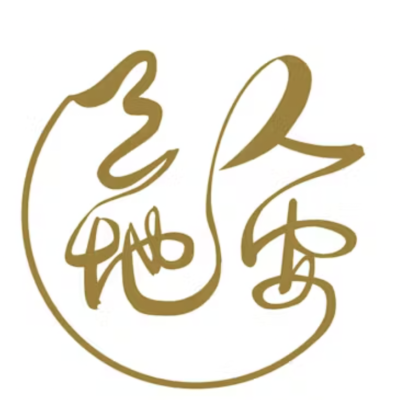This is a record year for elections. More than 4 billion people – half the world’s population – will vote in some 70 countries: Bangladesh, Pakistan, India, Indonesia, South Africa, Russia, the UK, US, to name just a few.
But more elections don’t always mean more democracy.
As 2023 ended, two elections – Egypt and the Democratic Republic of Congo – brought into focus the issue of democratic decline. This is when people vote but the verdict from the ballot box does not necessarily reflect the will of the people or address the greater common good.
In Egypt, President Abdel Fattah al-Sisi won a third six-year term in a rushed election whose outcome was never in doubt. In mineral-rich Democratic Republic of Congo, sub-Saharan Africa’s largest country, incumbent President Félix Tshisekedi secured a second term by a landslide but the election was condemned as a "sham" by the opposition.
Both elections, along with others on the 2024 global calendar, underline a basic reality: there is more to democracy than voting. International IDEA, the Stockholm-based intergovernmental democracy watchdog group says half the world's countries are suffering democratic decline, which ranges from flawed elections to curtailed freedoms of expression and assembly.
The Backstory: Democratic decline is about the slow erosion of people’s rights.
Today, it’s rare for a dictator to seize power by force. Instead, rigged elections can serve as a way to gain and maintain power.
The methods used can be legislative and procedural changes that muzzle press and judiciary, make it harder for the opposition to campaign, for voters to cast their ballot and for challengers to seriously contest results.
As political scientists Daniel Ziblatt and Steven Levitsky write in their book How Democracies Die: “People still vote. Elected autocrats maintain a veneer of democracy while eviscerating its substance.
Many government efforts to subvert democracy are ‘legal,’ in the sense that they are approved by the legislature or accepted by the courts.” This Week, Those Books: An accessible book on the purpose and exercise of democracy. A thriller that imagines the end point of American democracy – in 2024.
Debating Democracy: Do we need more or less? By: Jason Brennan and Helene Landemore Publisher: Oxford University Press Year: 2022
This is an easy to follow examination of the system of democracy, its many problems and how to fix it.
Basically, Georgetown University professor Jason Brennan and Yale’s Hélène Landemore have a good old argument about whether “democracy itself, as a normative ideal” is in crisis.
Brennan examines real-world democracies and points out that democracy, like socialism, is always judged better in theory than practice. In reality, people “tend to believe what they want to believe” and voters often “know less than nothing”.
He cites the Brexit vote and various US presidential elections as examples of the voting public’s “rational ignorance” and illogical thinking.
And he illustrates the theory of “democratic realism” by quoting British-American philosopher Kwame Anthony Appiah: “People don’t vote for what they want. They vote for who they are”.
Landemore challenges Brennan’s view and argues in favour of “inclusive deliberation on equal grounds and majority rule with universal suffrage”.
Properly used, this is to everyone’s benefit because “many minds are smarter than just a few”.
She calls for more democracy and more people’s participation, using different methods and platforms including crowdsourcing.
However, both Brennan and Landemore agree that democracy is “the gold standard of government” and the most legitimate.
So much so that “even dictators claim to speak for and derive their authority from the people; they go to great pains to imitate democracy including through sham elections”.
About the author
Rasmee Rashan Lall describes herself as an Anglo-American Indian! Of US and UK nationality and Indian ethnicity. She is the former Foreign Editor of the Times off India, based in London, Editor of The Sunday Times of India, based in Delhi and Deputy Global News Editor of Quartz, the New York business outlet.

Praying together for peace

Our economy as part of nature



